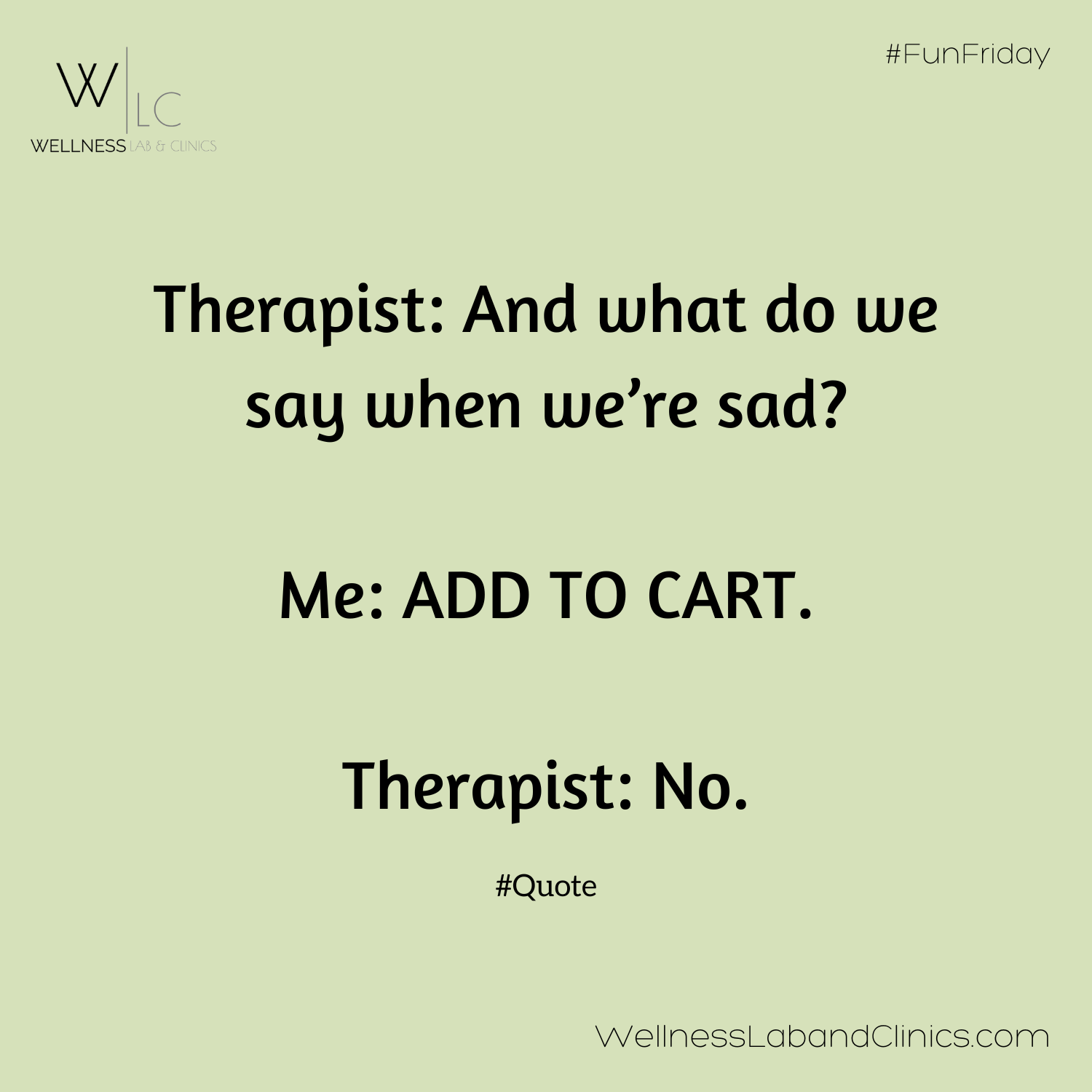PARENTING THURSDAY: I Feel You
/It can be easy to look at our children, especially when they are very little, and see a long path of making decisions and doing things for them. Of course, they need our help and guidance in many ways, but even though they may be small, we have to acknowledge that they are also people with feelings that deserve as much respect as we should give to another human being.
If a toddler has a tantrum in the middle of a busy store, it isn’t to spite you - they are feeling overwhelmed.
If a preteen storms into their room over unkind words, they aren’t doing it to infuriate you - they genuinely feel anger and sadness.
If our child trips up and falls, there may not be any physical injury, but their tears are valid - they are hurting and startled.
For us as adults, we are quick to minimise the feelings of children. Their reactions might seem disproportionate to how we feel about things, and we might consider them as trivial. How often the words “stop crying, you’re ok” slip from our mouths, or telling them how silly they are acting. Our fear of judgement from other adults is very real in those times.
What our child is reacting to may not be a big deal for us, but how they feel in that moment is very real and totally valid. Look at it this way - they are so out of control in the world (by that, I mean that they have other people making decisions and plans for them ALL the time), so when emotions come, they are BIG feelings.
They may not have the words to immediately respond to what someone said or did, and can’t work through it with clear verbal communication - my goodness, how many adults have this ability?
The skills and experience needed to handle different situations in a mature way takes, you guessed it, MATURITY. and this is not something we can presume or expect from our children unless they have actually grown up. Let’s face it, we all know grown ups who still can’t deal with situations and restrictions in a mature way. Perhaps they were never allowed to express their feelings in a healthy way?
Children don’t set out to manipulate us with their feelings - it is our actions as parents that set up a manipulative scenario by our unhealthy reactions to their emotions. Feelings are OK. How we deal with them isn’t always OK.
We have to respect the process and support our children emotionally. Setting healthy boundaries, but allowing sufficient freedom to be themselves within that framework.
We need to be ok with the uncomfortable feelings, not just the “nice” ones. Of course they won’t like being told ‘no’, and that is ok. Not a fan of being restricted in a car seat? Totally understandable, I wouldn’t either - your frustration is valid and you also need to be kept safe.
While our discomfort and fear of others may make us want to stop inconvenient feelings immediately, perhaps it’s better for our child and our relationship to bring them to a safe place and allow those feelings to come out. Yes, it may not be at a good time, but emotions don’t often fit into a neat timetable (remember, they don’t for adults, either - we all have our own triggers!)
Help children work through the hard things that come up all through life - they don’t need us to toughen them up, they need us to be a person of safety; life is difficult enough.
If we acknowledge that their feelings are real and valid, without telling them to cease and desist, this is an important first step.
After all, wouldn’t we hate to be told to turn our feelings off, so why do it to our children?
Acknowledging that their feelings are real, and never telling them NOT to feel or that their feelings are NOT important.






